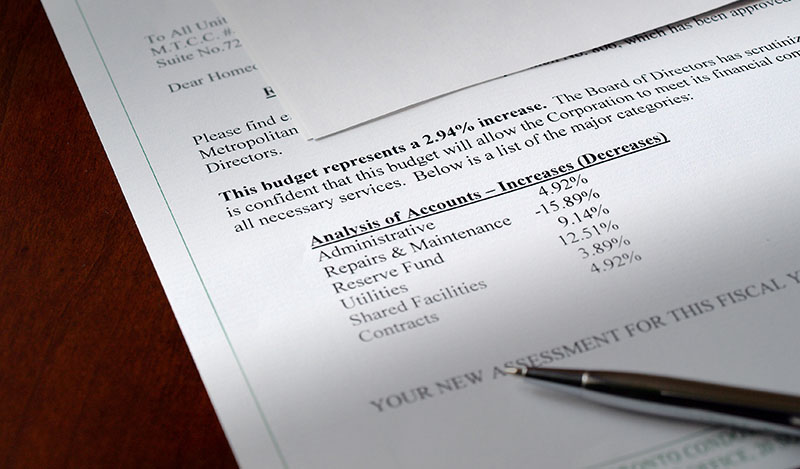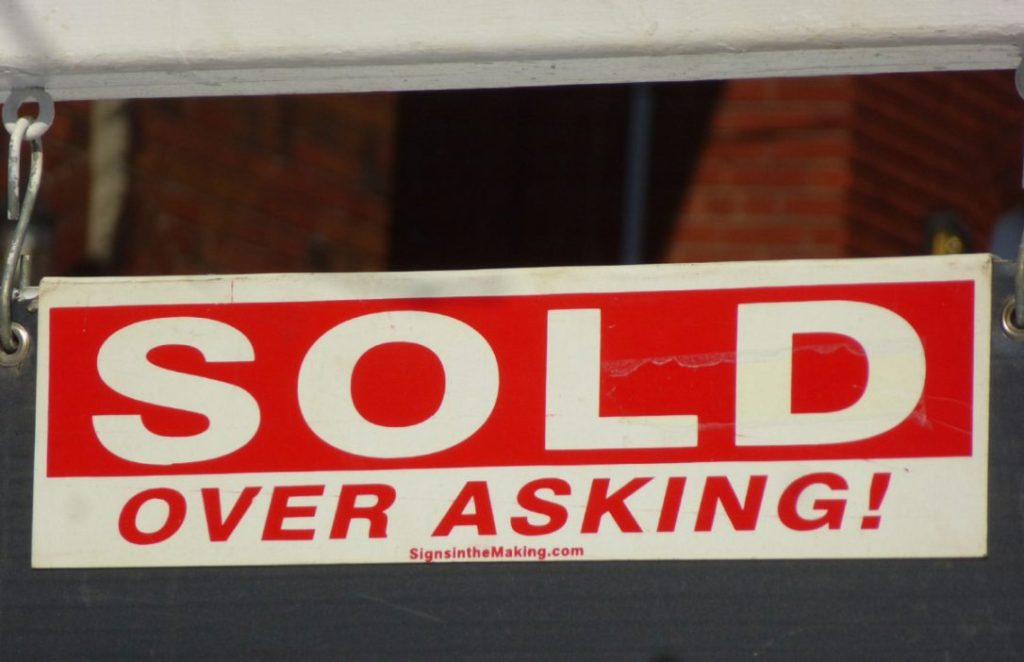Rob Norquist, a real estate agent admits that Newport Beach is as active as it used to be, with some good record sales. He also agrees with the fact that a property, should never be considered deprecated, and as a seller, you should never give up and use the low end price. It is true that, during a certain period of time, depending on the real estate market, client’s desire, real estate auctions, there may be moments when a property’s price drops, but not forever.
Other cities such as, Huntington Beach, Costa Mesa, Irvine or Mission Viejo – are considered among other 25 cities as being the ones with the best real estate property values, with average values of $680,000 and more. The national average value in 2007 was $194,300.
However, some property values are based on subjective answers from residents living in a certain home, so the given numbers , and real estate evaluation may be hanging on a wishful thinking instead of a real appreciation . This is where real estate auctions come in picture, to inform potential clients about the property, and the investment possibilities, giving them a clear image of the real estate’s worth.
Even though some buildings such as Orange County properties , dropped their values in 2007, but they recovered extremely well after. So this is another reason why as a seller, you should never fear if you observe a temporally value drop, because it is normal from time to time.
For instance, about 81% owners, sellers, agents, trusted in 2007 that their estate property values were over $1 million, against 75% in 2006. So things are for the best and it would appear that most of estate agents have finally understood what this business is really about. It takes a lot of patience and ability to maintain your property’s value among top ones on real estate market.
But Norquist, trusts that many Newport Beach arguments are near the mark, sustaining that this city has survived the “housing slump” better than other locations. However, the unexpected surprise attacked more on sales, which he admits that they are on a falling edge right now, but there is still hope for better times.
Newport Beach is very well known for its highest-valued real estate properties in the U.S., being a perfect place for real estate business . It’s location and proximity to the water, and the beach front view increase it’s real estate value considerably. Auctions in this area are very interesting and those who are interested in real estate business domain should never miss them. You can learn a lot on such events.
Experienced real estate agents or even friends will surely advise you that as a buyer you are very likely to come across many real estate properties in foreclosure having perhaps no equity,being over priced . In such moments, lenders sometimes choose to accept a smaller amount than the initial.So you get in the negotiations process. As a hint, when you realize the over pricing phenomenon, you have to understand that this happens when the real estate agent , or seller is aware of the real estate property’s value, and he tries his luck in a raising price. So watch out! The negotiation can become a difficult process especially when reasonable terms are not agreed by both sides: owner and buyer. Negotiations can occur privately or in public, where real estate auctions come in the picture. Of course, a real estate auction is safer and more trustful than a private one. Private negotiations occur especially when the agent is a close friend or relative to buyer’s, and because of the friendly environment some details regarding even the real estate transaction may be skipped. So in situations like this be careful.
Even as a friend, for a real estate agent , money comes first, and friendship after. Of course, during such a negotiation, there can be all sort of problems, such as mortgage value, real estate market, all sort of official formalities, conflict of interests in a particular area etc. Moreover, time a very important issue when real estate auctions are involved. As a general rule, and as an advise for a potential buyer, negotiation process should not be extended on a long period of time, because, as I said before, in time, real estate properties drop their values, and the client’s interest together with it. In this case, not only does the buyer loose, but the real estate agency as well. Why?Because if a property’s value drops, the price must drop as well, if you ever want to sell it again. In this case the under priced phenomenon appears. This is why short sales are preferred. Many Realtors, and clients started using this strategy, because they faced the problem regarding their property’s value.So they decided the selling process should not take too long.
Another important issue refers to the well known “acceleration clause” , which is an official word met in any mortgage document, meaning that the lender, after the real estate property is sold, can demand the payment of the remaining balance for the loan. Realtors can provide more information about this contractual right. If this clause is good or bad for a real estate transaction, it is hard to say, because it has its advantages and disadvantages. Buying a real estate property which has already a mortgage loan represents a pretty raised risk. Why? Because first of all, if the mortgage loan was contracted for many years, depending on the interest’s rate, and marketplace evolution, you may come to pay the house’s price 3 times more. However, if you have experience in monitoring the market place, and find a right moment when every interest’s value drops, you could go for it. It’s kind of a gambling in this business, and Realtors, or individual real estate agents know it best.
Realtors and real estate agents are here on the real estate market, to help clients understand how they can value their houses, what should they look for when trying to sell or buy a house, how to negotiate, and how to win a real estate transaction. Some may say that buying or selling a real estate property is easy, but the fact is that pricing a house is a very difficult process. Many real estate agents, brokers, have suffered many defeats before their first good business, so do not expect their job to be an easy one.
Unfortunately, a concerning price and sales gains of these past years have determined in many cases quitting the real estate business. Many real estate agents who have seen the future preferred to do something else than real estate business. The credit market is also in a critical position, as many Realtors have observed. Mortgage values are also a result of real estate market position right now. Real estate investors have diminished their participation number to real estate auctions, as a sign they have seen it too.











